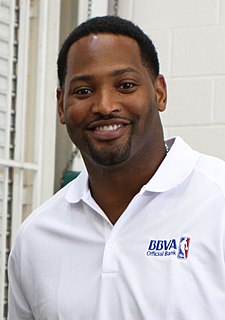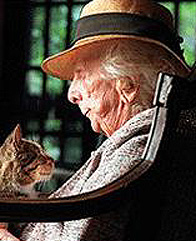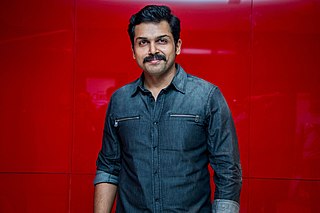A Quote by Gemma Chan
I've heard about productions where it still happens: yellow face, taping up the eyes. It's hard to talk about it in a constructive way.
Related Quotes
A lot of guys... they want to take the big shot, and they talk about it because they're scared of it. You never heard me talk about it. You heard a lot of guys talk about it. But you don't have to talk about it, because if you have the confidence in yourself, and your team believes in you, you don't fear anything. You don't fear losing.
In acute diseases the physician must conduct his inquiries in the following way. First he must examine the face of the patient, and see whether it is like the faces of healthy people, and especially whether it is like its usual self. Such likeness will be the best sign, and the greatest unlikeness will be the most dangerous sign. The latter will be as follows. Nose sharp, eyes hollow, temples sunken, ears cold and contracted with their lobes turned outwards, the skin about the face hard and tense and parched, the colour of the face as a whole being yellow or black.
I find myself skeptical of music that forces you to have a certain experience, emotional reaction, or specific constructive arc of experience. But performers should still take care of that, to a certain extent - how does it add up? What you want from performance, because we're all in a room together, is that somehow we've gotten somewhere at the end, together. You could call that a sense of narrative, but it's not so obvious how that happens. One way it happens is by everyone caring about it happening.
What happens at the average church or synagogue or mosque is that I don't know many priests or ministers or rabbis who say to their congregation, 'go home and talk about the religion at the kitchen table with your kids...talk about God, talk about what this is all about.' They say in general, come back on the weekend, we'll talk to you about it.
Melanie still grieves for Jared," she stated. I felt my head nod without willing the action. "You grieve for him." I closed my eyes. "The dreams continue?" "Every night," I mumbled. "Tell me about then." Her voice was soft, persuasive. "I don't like to talk about them." "I know. Try. It might help." "How? How will it help to tell you that I see his face every time I close my eyes? That I wake up and cry when he's not there? That the memories are so strong I can't separate hers from mine anymore?
What's going to be important is having the opportunity to actually sit down with President [Donald] Trump and talk to him face to face, about the interests we share, about the special relationship, about the joint challenges we both face. Talking about the future of NATO is one of the issues we will discuss.




































